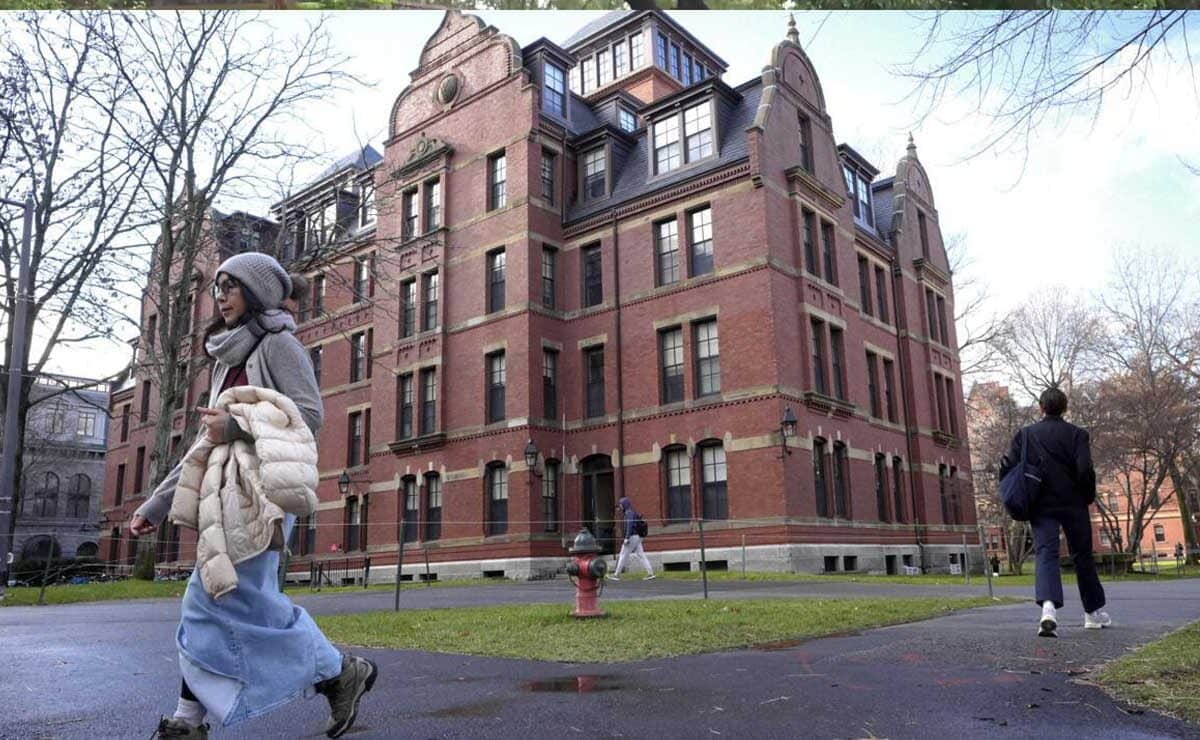Harvard University Loses SEVP Certification, Must Transfer International Students
In a dramatic move, the U.S. Department of Homeland Security (DHS) has barred the prestigious Harvard University from admitting international students.

Washington: In a dramatic move, the U.S. Department of Homeland Security (DHS) has barred the prestigious Harvard University from admitting international students.
Table of Contents
The decision follows Harvard’s refusal to submit behavioral reports of its foreign students as requested by DHS, according to a CNN report.
Harvard Faces SEVP Decertification
DHS Secretary Kristi Noem officially revoked Harvard’s Student and Exchange Visitor Program (SEVP) certification, citing non-compliance with federal data requests. Without this certification, Harvard is legally prohibited from enrolling new international students. Existing foreign students will either have to transfer to other institutions or risk losing their legal immigration status.
Thousands of Students at Risk
The move is expected to impact over one-quarter of Harvard’s student body, composed of international students. Experts warn that the mass departure of foreign students could severely affect the university’s global academic reputation and disrupt ongoing research and academic programs.
Also Read: Plane Crash in San Diego Leaves Trail of Death and Destruction, Homes and Cars Ablaze
White House Criticizes Harvard Leadership
A White House spokesperson, Abigail Jackson, stated:
“Admitting foreign students is a privilege, not a right. Harvard leadership has failed to address serious issues harming American students and is now facing the consequences.”
The White House further accused the university of allowing its campus to become a hub for anti-American, anti-Semitic, and extremist rhetoric, jeopardizing national interests.
Academic Community Reacts
Harvard professors and higher education advocates have expressed concern, emphasizing that the federal decision undermines academic freedom and could discourage international collaboration. They argue that such policies threaten the core values of American higher education and scientific advancement.

